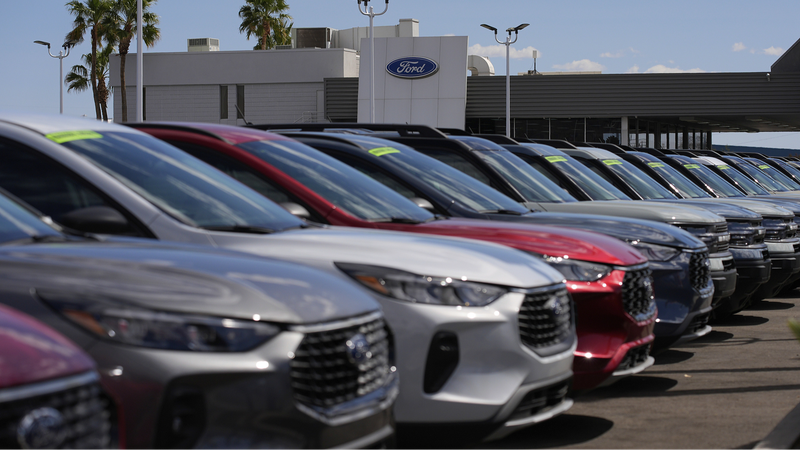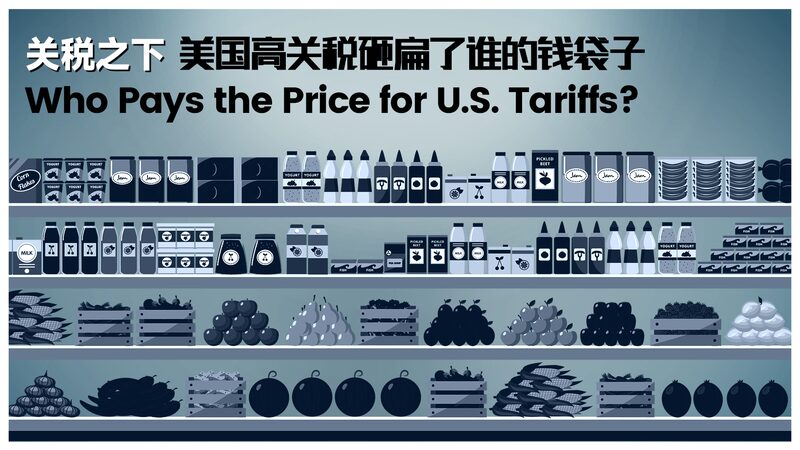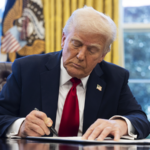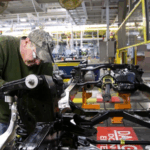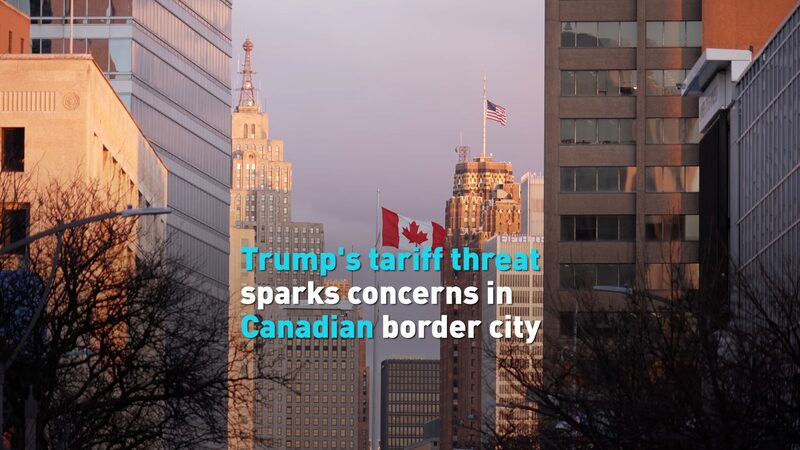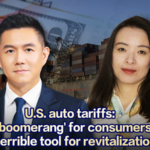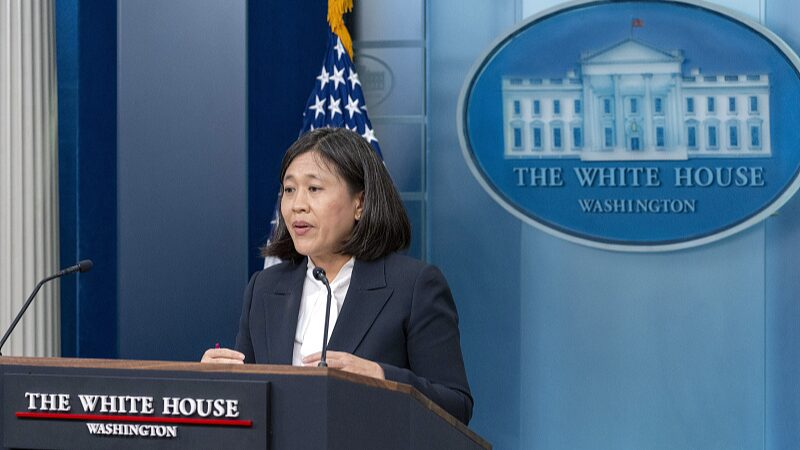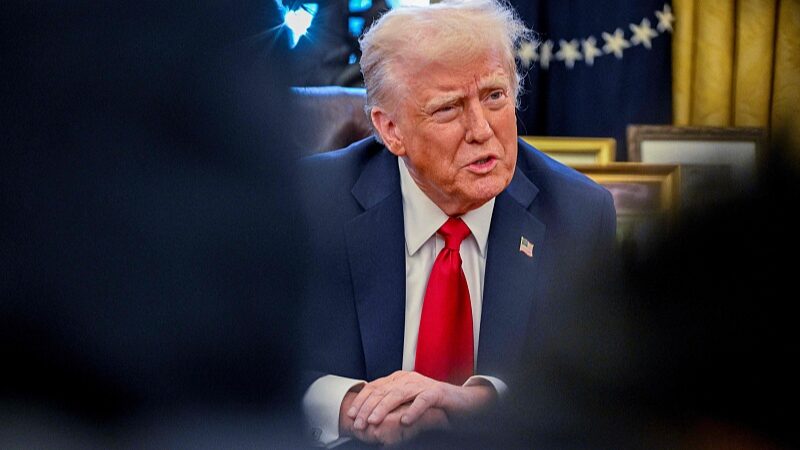The U.S. implementation of 25% tariffs on imported passenger vehicles and auto parts has triggered warnings of economic disruption, rising consumer costs, and strained international trade relations. Analysts project the policy could inflate vehicle prices by thousands of dollars and reduce North American production by up to 30%, with immediate effects rippling across supply chains.
Xu Feibiao, a researcher at the China Institutes of Contemporary International Relations, emphasized the potential long-term shift in consumer behavior as prices rise. \"Sustained price hikes could push buyers toward used cars or public transit,\" he noted, highlighting risks for automakers already grappling with supply-chain fragmentation.
Asian and European manufacturers face acute challenges. Parts from Mexico and Canada – critical to U.S. assembly lines – now incur added costs, with Nissan halting orders for Mexican-built models and Stellantis closing a Canadian plant. EU officials condemned the tariffs as \"economic unilateralism,\" vowing retaliatory measures against U.S. exports.
Goldman Sachs estimates a 35% chance of U.S. recession within a year, citing tariff-driven inflation and disrupted trade flows. As global alliances fracture, the policy tests decades-old agreements like the USMCA and amplifies debates about America’s role in shaping economic globalization.
Reference(s):
Trump's auto tariffs sow fears of economic fallout and trade wars
cgtn.com
